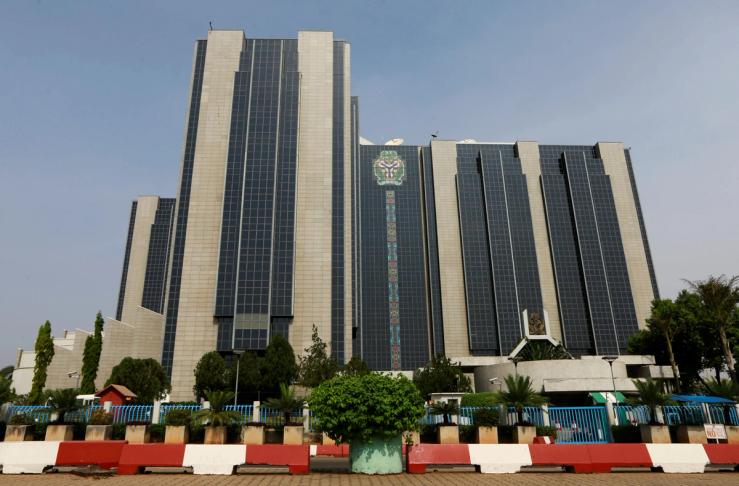The News
Nigerian fintech executives are braced for a regulatory overhaul by the central bank which will push for tighter controls to battle a persistent fraud problem.
Yemi Cardoso, Nigeria’s central bank governor, announced plans last November to comprehensively review licenses granted to financial institutions, particularly those in “the technology-driven payment services sector.” Cardoso, who became Nigeria’s central bank governor last September, said operators under the bank’s purview have the duty to ensure they are licensed for services they offer, effectively ending startups’ previous free rein to float products before regulators caught up.
Details of the new requirements remain under wraps. “We are yet to be notified of any regulations,” Babatunde Obrimah, chief operating officer of the Fintech Association of Nigeria, told Semafor Africa on Tuesday. The bank would typically share its proposal with the group for input before a final draft is produced, Obrimah said, hoping “the new management will still accord us this privilege.”
As they await the bank’s guidance, fintech operators say they are exploring options to address a fraud problem that increased 277% within the first half of 2023, costing deposit-taking institutions 9.7 billion naira. The fintech group — whose members include over three dozen commercial banks, startups, and advisory firms — plans to announce its progress on developing a decentralized fraud-prevention platform before the end of March, Obrimah said.
Uzoma Dozie, chief executive of digital bank Sparkle and chair of the group’s committee of CEOs, told Semafor Africa the platform’s key feature is information sharing on “suspected and suspicious customers,” without infringing on data privacy rights.
Alexander’s view
Nigeria’s central bank leadership appears to believe that financial technology, after years of largely being left to grow on its own, now has to be matched for stride and, in some cases, led by regulators.
Cardoso’s promise to sanction companies “breaching the boundaries set for them” has set the tone for other money regulators. For example, NIBSS, which coordinates Nigeria’s decade-old instant payments system, warned operators in December — barely weeks after Cardoso’s speech — against allowing electronic transfers to companies not permitted to hold customer deposits.
It portends a landscape with more stringently enforced standards, Dozie said. While that could lead to a higher bar for approving fintechs, primary emphasis on compliance is a good thing as “it will help to ramp up the public’s confidence in the sector,” said Tosin Eniolorunda, chief executive of Moniepoint. The startup is a major player in Nigeria’s agency banking sector where point-of-sale devices are becoming the equivalent of physical bank branches and ATMs for cash-related transactions.
An aspect of the central bank’s licensing regime for fintechs to watch will be fintech startups’ partnerships with banks. At present, most digital upstarts enter relationships with the traditional banks that see the former rely on the latter’s licenses, in order to access facilities like the NIBSS instant payments system. Industry operators expect this kind of collaborative relationship to be preserved.
But whatever the bank’s priorities, the fintech ecosystem needs a streamlined licensing procedure akin to a one-stop shop that makes it easy for companies to get approvals for new products, Obrimah said. However, that would require Nigeria’s discrete money regulators — mainly the central bank, securities and exchange commission, and insurance regulator — to be interoperable, he said.
Room for Disagreement
Mobolaji Adeoye, managing partner at Consonance, a Lagos-based venture investment firm, does not expect the central bank’s regulations to clamp down on fintechs because “we are in dire need of innovation, value-creating productivity, and growth.”
A logical path for the central bank, he says, will be to adopt a policy approach that is “flexible enough to accommodate evolving business models and technologies.”
The View From Nairobi
Kenya’s central bank has taken an aggressive approach in drawing the line on fintech operations in the country. In a notice last November, the bank warned customers that companies engaged in money transfer services without its license were committing criminal offenses. The bank asked the public to report such companies for prosecution in court.
Notable
Nigerian banks received new guidelines in December from the central bank for operating accounts for companies that enable transactions in virtual assets, notably cryptocurrency trading platforms. Crypto enthusiasts welcomed it as a reversal of a 2021 ban that prevented banks from facilitating crypto transactions, but the guidelines contain some restrictions.


